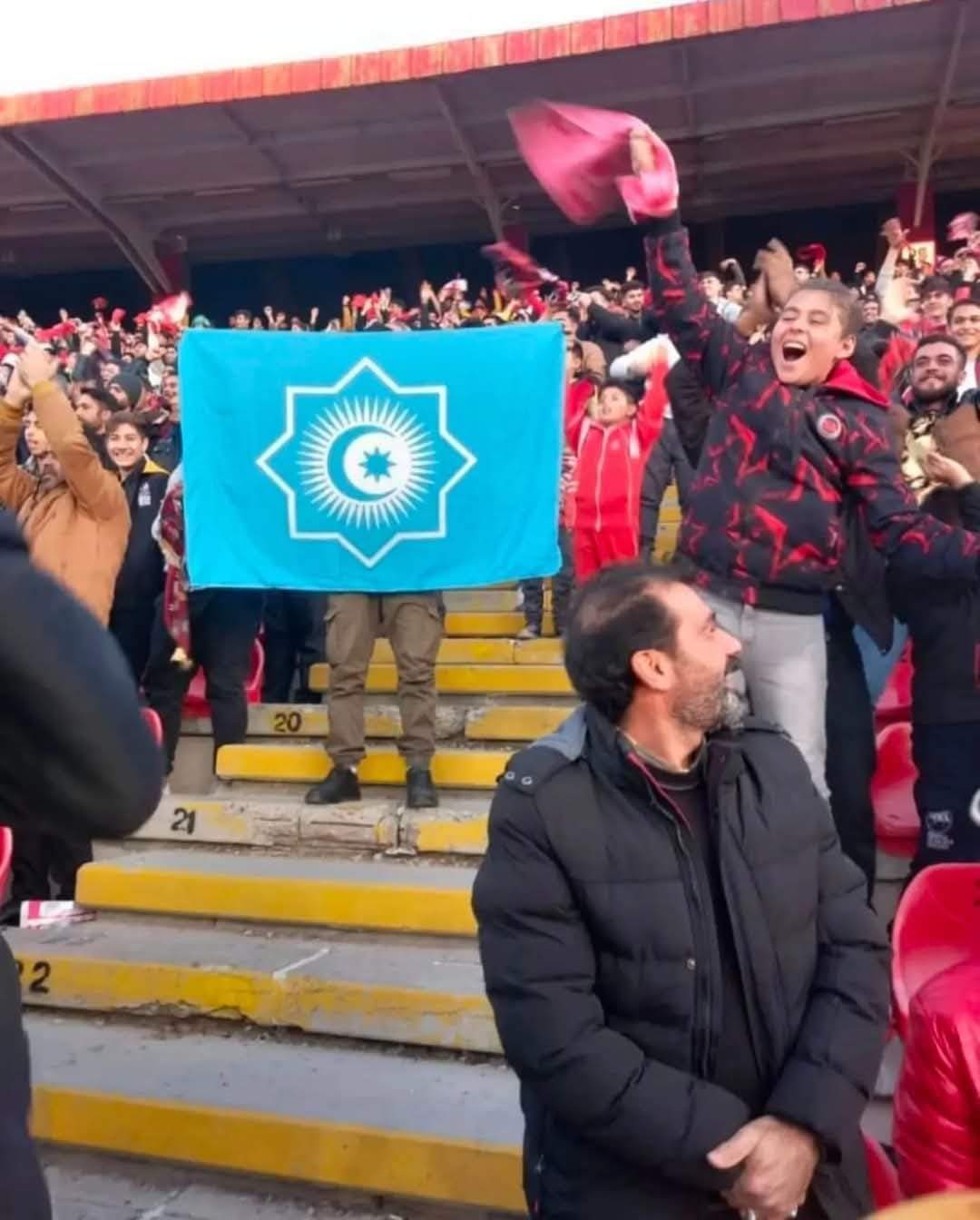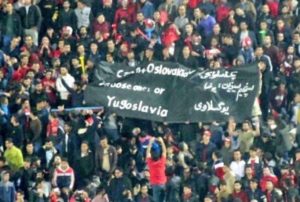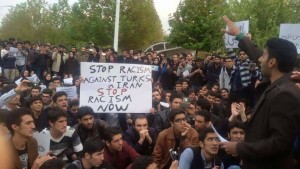Industries include machine tools, vehicle factories, oil refinery, petrochemical complex, food processing, cement, textiles, electric equipment, and sugar milling. Oil and gas pipelines run through the region. Wool, carpets, and metal ware are also produced.
The music of Azerbaijan builds on folk traditions that reach back nearly 1,000 years. For centuries Azerbaijani music has evolved under the badge of monody, producing rhythmically diverse melodies.
Mugham and Ashik are some of the many musical traditions of Azerbaijan. Mugham usually consists of poetry with instrumental interludes. When performing Mugham, the singers attempt to transform their emotions into singing and music. In contrast to the Mugham traditions of Central Asian countries, Azerbaijani Mugham is more free-form and less rigid; it is often compared to improvised jazz. UNESCO proclaimed the Azerbaijani Mugham tradition a Masterpiece of the Oral and Intangible Heritage of Humanity on 7 November 2003.
Ashik is based on the mystical troubadour tradition, where a travelling bard sings and plays the saz, a traditional Turkic instrument. This tradition has its origin in the Shamanistic beliefs of the ancient Turkic peoples. Ashik songs are semi-improvised around common themes. Azerbaijan’s Ashik art was included in the list of Intangible Cultural Heritage by the UNESCO on September 30, 2009.
The Azerbaijanis have a rich and distinct culture, a major part of which is decorative and applied art. This form of art is represented by a wide range of handicrafts, such as chasing, jewellery making, engraving metal, carving in wood, carpet-making, lace-making, pattern weaving and printing, knitting and embroidery.
Southern Azerbaijan’s national and traditional dress consists of the Chokha and Papakhi. There are a number of Azerbaijani dances; these folk dances are ancient and very melodious. There are often performed at formal celebrations and the dancers wear festive clothes or Chokha cloaks. These dances have very fast rhythms, and demand skill from the dancer. The national clothes of Azerbaijan are well preserved within the national dances.
In Southern Azerbaijan the Azerbaijani Turkish is spoken by 99 % of the population (25-30 million people). It is a Turkic language that is similar to the language spoken by the Turkish and Turkmen, and distinct from the Iranian state language, Farsi.
Azerbaijani Turkish is widely spoken in everyday life, and in Southern Azerbaijan also used in mosques. However, not many Southern Azerbaijanis are able to read or write in their mother language since the education is centralized and regulated from Tehran, and there is no state education performed in the language.
The Azerbaijanis are followers of Islam. The Muslim population is approximately 95% Shi’a and 5% Sunni; differences traditionally have not been sharply defined. Most Shias are adherents of the orthodox Ithna Ashari school of Shi’a Islam.





